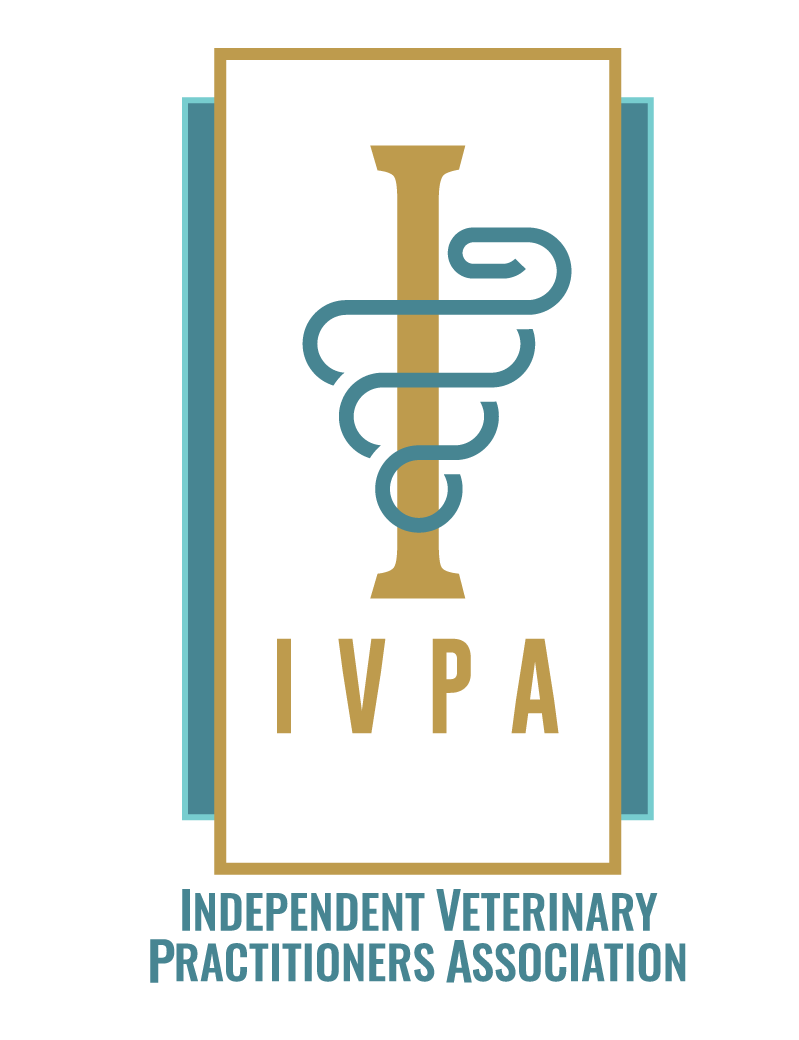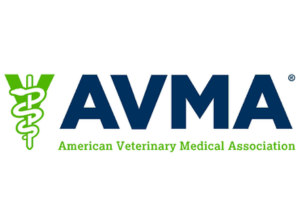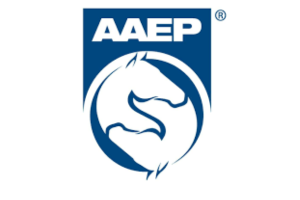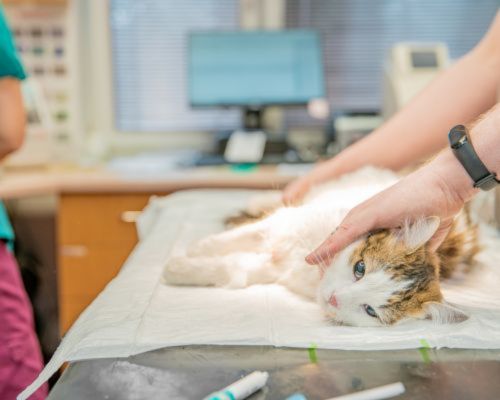Surgical Faqs
At Country Lane Animal Hospital, we provide exceptional surgical services, offering advanced and compassionate care for pets in need of surgical intervention.
Veterinary Surgery
Surgical procedures can be a necessary and life-saving option for pets facing various conditions. Please read the frequently asked questions below to learn more about our surgical procedures.
What You Need to Know Before Surgery
Many people have questions about various aspects of their pet’s surgery. We hope the information below will help answer any questions and explain the decisions you will need to make before your pet’s upcoming surgery. If you have any additional questions or concerns, please get in touch with us. Our team is here to help!
Is the anesthetic safe?
Today’s modern anesthetic monitors have made surgery much safer than in the past. At Country Lane Animal Hospital, we do a thorough physical exam on your pet before administering anesthetics to ensure that a fever or other illness won’t be a problem. We also adjust the amount and type of anesthetic used depending on your pet’s health. The handout on anesthesia explains this in greater detail.
Preanesthetic blood testing is important in reducing the risk of anesthesia. Every pet needs blood testing before surgery to ensure the liver and kidneys can handle the anesthetic. Even apparently healthy animals can have serious organ system problems that cannot be detected without blood testing. If there is a problem, it is much better to find it before it causes anesthetic or surgical complications. Animals with minor dysfunction will handle the anesthetic better if they receive IV fluids during surgery. If serious problems are detected, surgery can be postponed until the problem is corrected.
For geriatric or ill pets, additional blood tests, electrocardiograms, or x-rays may be required before surgery as well.
It is important that surgery be done on an empty stomach to reduce the risk of vomiting during and after anesthesia. You must withhold food for at least 8 to 10 hours before surgery. Water can be left down for the pet until the morning of surgery.
Will my pet have stitches?
For many surgeries, we use absorbable sutures underneath the skin. These will dissolve on their own and do not need to be removed later. Some surgeries, especially tumor removals, do require skin stitches. With either type of suture, you will need to keep an eye on the incision for swelling or discharge. Most dogs and cats do not lick excessively or chew at the incision, but this is an occasional problem you will also need to watch for. If there are skin sutures, these will usually be removed 10 to 14 days after surgery. You will also need to limit your pet’s activity level for a time, and no baths are allowed for the first ten days after surgery.
Will my pet be in pain?
“The greatest evil is physical pain.”
– Saint Augustine
Pain has long been recognized in human medicine as having a deleterious effect on several organ systems in the body. It has been shown to:
- Amplify the body’s stress response to traumatic injury
- Cause several metabolic and endocrine derangements
- Impede healing and patient recovery
For dogs, we administer an oral anti-inflammatory on the day of surgery and typically provide several days’ worth of dosages after the procedures to lessen the risk of discomfort and swelling. We use safer medications, which are less likely to cause stomach upset.
Cats do not metabolize anti-inflammatory medication like dogs. Some pain medications like Tylenol (acetaminophen) can even be fatal if ingested by a cat. Recent advances in pain medications have allowed for better pain control in cats than ever before. We administer comprehensive pain control to all of our surgical patients. Any animal that exhibits discomfort, as determined, will receive additional pain medication.
What other decisions do I need to make?
While your pet is under anesthesia, it is the ideal time to perform other minor procedures such as nail trimming, ear cleaning, or implanting an identification microchip. If you would like an estimate for these extra services, please let our patient coordinator know before the day of your procedure. This is especially important if the person dropping the pet off for surgery is not the primary decision-maker for the pet’s care.
The morning of your pet’s surgery, we ask that you take time to fill out pre-surgical authorization forms. These forms detail your and our expectations of the surgery and make your wishes known with regard to advanced lifesaving procedures should an emergency arise. When you pick up your pet after surgery, a staff member will be available to go over any home care instructions and answer any questions you may have about the procedure.
We will call you the day before your scheduled surgery appointment to confirm the time you will be dropping your pet off and to answer any questions you might have. In the meantime, please don’t hesitate to call us with any questions about your pet’s health or surgery.





